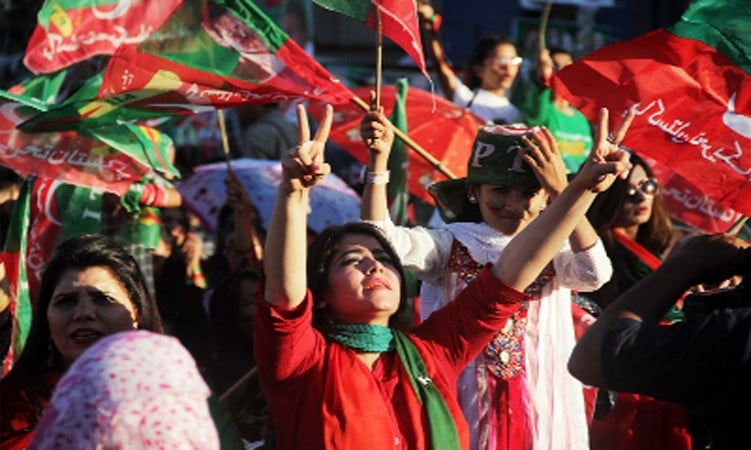
Of the women contesting on general seats or to be selected on reserved seats, most belong to influential political families

Women representation in our parliament has remained marginal probably because of our social and political culture.
Before the allocation of 17 per cent reserved seats for women in 2002 as per Article 51 (6-d) of the Constitution, only 186 women were elected and nominated in various legislatures between 1947 to 1999.
"That was indeed a big stride towards encouraging women’s role in political and electoral process. The opportunity should have been given to ones unable to afford going into elections but otherwise capable of participating in the legislatures," says former secretary ECP, Kunwar Dilshaad talking to TNS. "However, it appeared to oblige elite political dynasties so that they might help empowering General Pervez Musharraf’s regime after 2002."
The struggle for "achieving due representation in the power structure for eligible and deserving women is still at the same point in our society as it was before democracy or the establishment of progressive and enlightened society," says Mazhar Barlas, columnist and political analyst.
"Since 2008, the criteria of selecting women on reserved seats involves family names and status, instead of talent. This approach is against the spirit of Article 226." Article 226 in the 18th Amendment, passed on April 19, 2010, says that all elections shall be held by secret ballot.
On July 8, 2010 Supreme Court’s full bench headed by Chief Justice Iftikhar Muhammad Chaudhry termed the process of nominating women on reserved seats in legislatures as "selection" rather than "election" made on personal likes and dislikes of party leaderships.
"The priority lists submitted in the ECP by political parties for 188 reserved seats in all assemblies mostly carry names of women who are relatives of influential politicians in political parties," says Barlas adding, "24 women in PML-N’s list and 32 of PPP’s are relatives of party leaders. Arif Alvi has made PTI Sindh’s list, families of Shah Farman and Pervaiz Khattak are dominating the list of KP. Most diehard women workers of PTI and office bearers of the party in different provinces have been ignored by the party."
Read also: Editorial
Section 206 of the ECP bounds political parties to distribute 5 per cent tickets to women candidates on general seats. However, it can also be observed that parties have nominated many women in the priority list who are also contesting on general seats.
"The act of submission of priority list is nothing but a joke for democratic process," says Dilshaad. "Democracies like India and United States of America give party tickets to those who work for the party for at least five years and they consult at the union council level before dispersing tickets to party members."